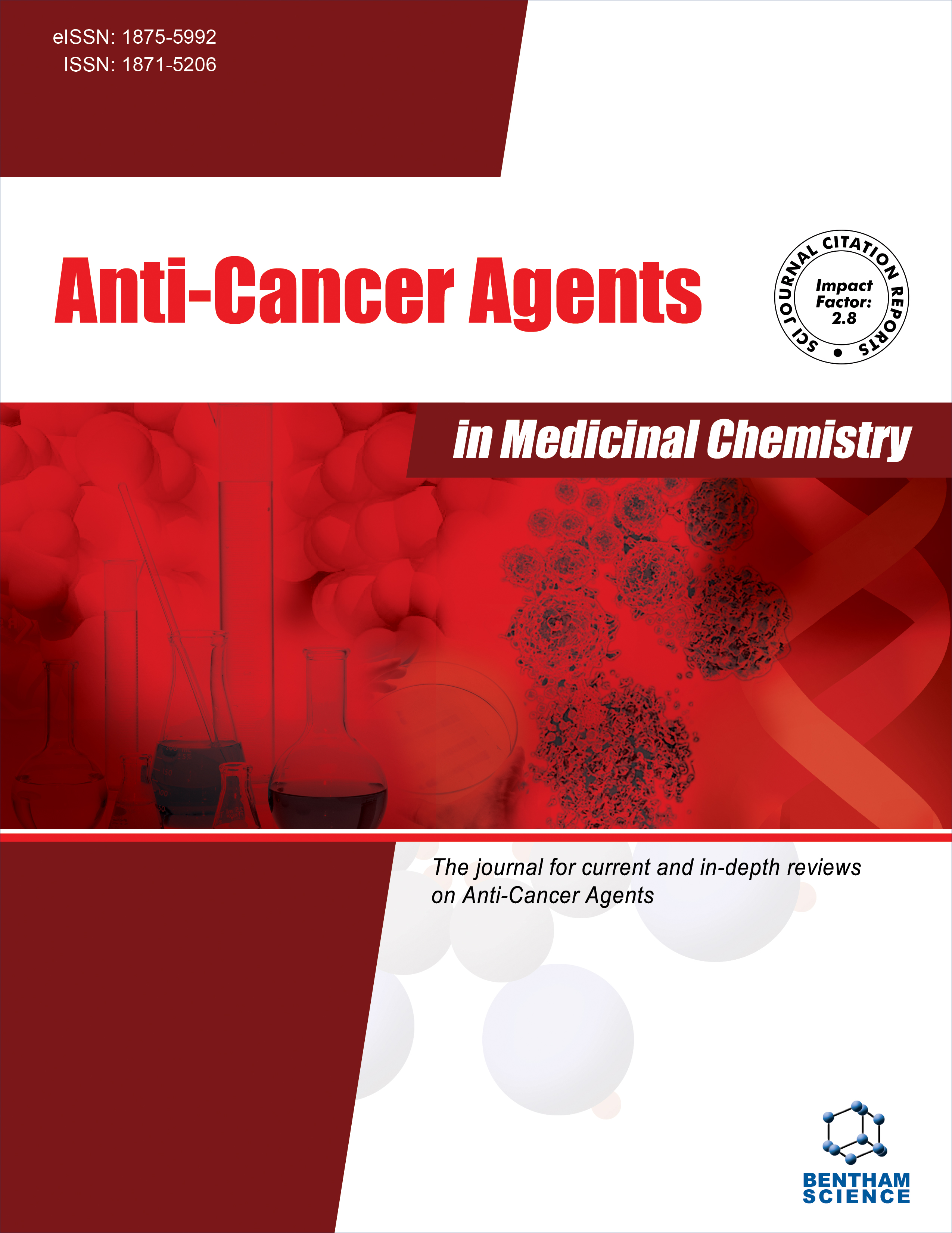
Full text loading...

Chimeric Antigen Receptor T-cell (CAR-T) therapy represents a pioneering advancement in immunotherapy, demonstrating substantial clinical success in the treatment of hematologic malignancies, particularly in B-cell hematologic malignancies. This therapeutic approach involves the genetic modification of a patient's T-cells to express receptors specific to tumor antigens, thereby enabling the CAR T-cells to identify and eradicate tumor cells, which significantly enhances the patient's treatment prognosis. Despite the remarkable efficacy of CAR-T therapy, concerns regarding its safety have emerged during clinical implementation. Notably, research has indicated that CAR T-cell therapy may be associated with the development of secondary primary malignancies, prompting considerable apprehension within the clinical community regarding the long-term adverse effects of this treatment modality. This article aims to investigate the potential mechanisms responsible for the induction of secondary primary malignancies by CAR T-cells, evaluate the associated risk factors, and discuss therapeutic strategies to mitigate this issue. Furthermore, the article will explore future research directions focused on optimizing the safety profile of CAR-T therapy, thereby providing a theoretical foundation for the development of safer and more effective therapeutic interventions.

Article metrics loading...

Full text loading...
References


Data & Media loading...